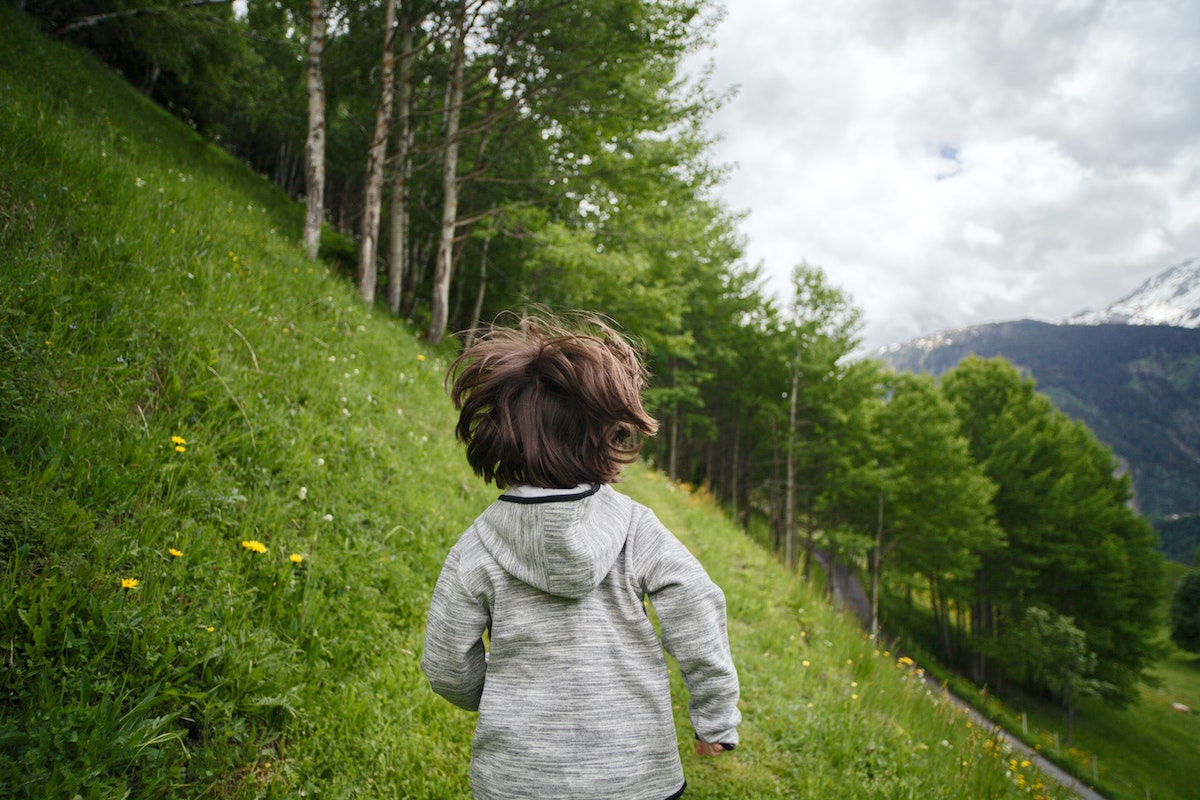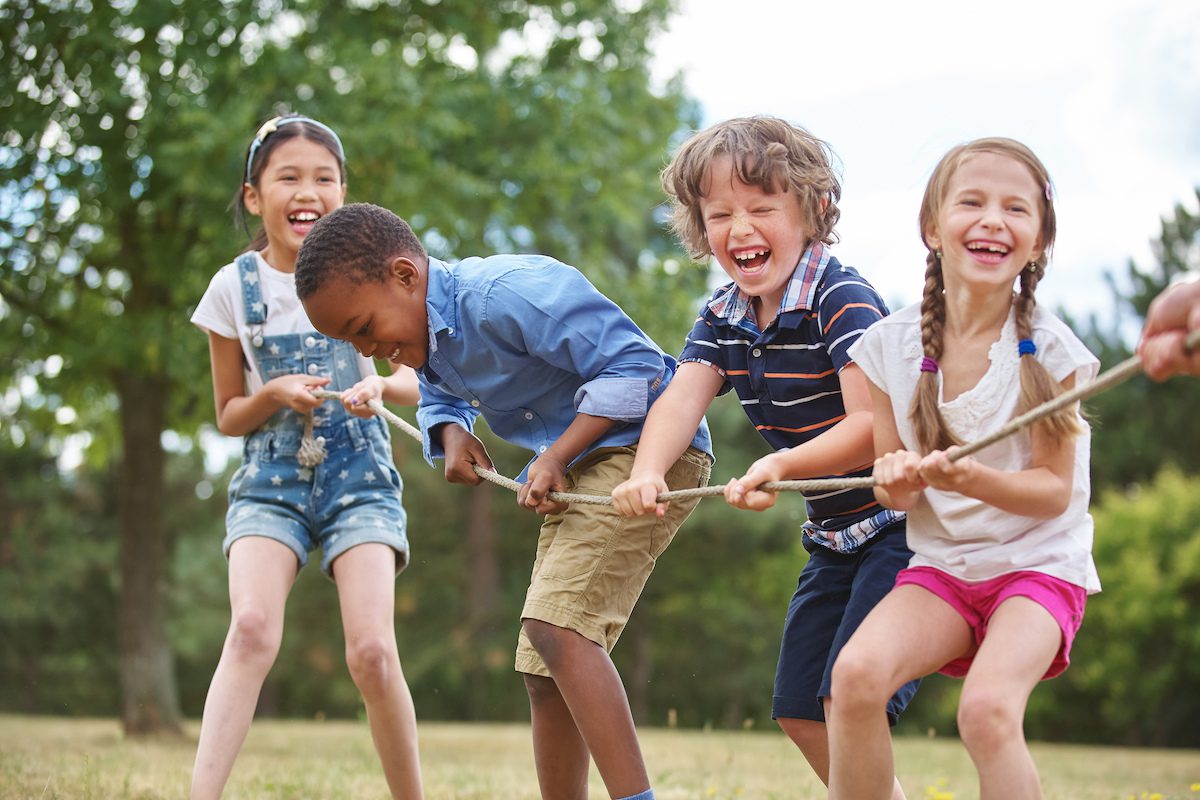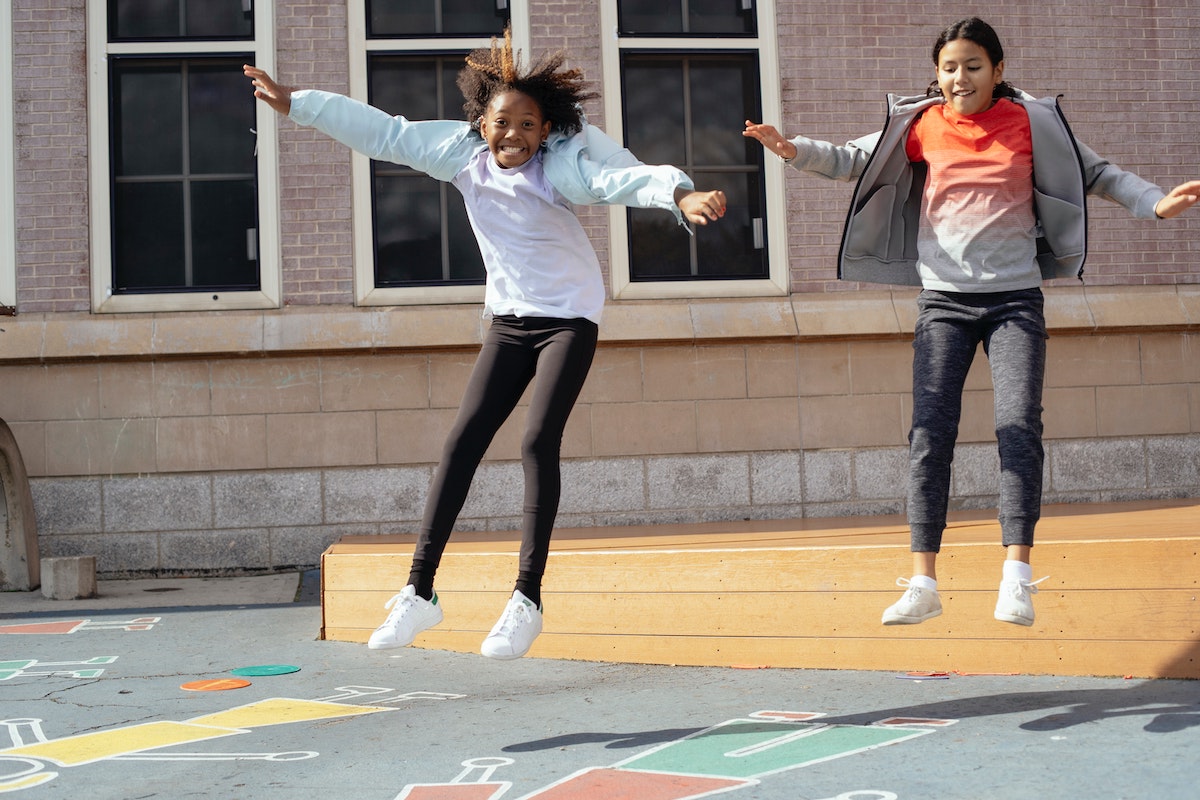Healthy stress is a natural part of life; we need to be challenged to grow and develop. Unfortunately, healthy stress is often displaced by toxic stress when students and teachers’ ability to cope is overloaded. Toxic stress taps into our evolutionary survival biology, causing both the body and mind to stay in high alert, as if a fatal attack were imminent. When a fourth-grader reports feeling she “was going to die” from test anxiety, she’s telling the truth; the response from her autonomic nervous system is the same, whether she’s taking a math test or sensing actual physical danger. 1
Mindfulness education offers decades of research-backed secular intervention methods to maintain healthy stress levels, alleviate fear, anxiety and depression in youth. And in the classroom, mindfulness helps students better integrate new knowledge, improve their attention spans and experience the joy of academic learning and successful accomplishment.
Jon Kabat-Zinn, founder of western secular mindfulness says: “Mindfulness is not therapy, but it is therapeutic.” This is the medicine we need right now.
The benefits of mindfulness
Studies find that youth benefit from learning mindfulness in terms of improved cognitive outcomes, social-emotional skills and well-being. Such benefits lead to long-term improvements in life.
Research from Mindful Schools.
Improved Attention
Studies show better performance on tasks that require an extensive concentration span
Emotional Regulation
Less reactivity and better ability to engage in tasks, even when emotions are activated.
Reduction of Stress
Stress & anxiety are improved when placed in challenging social situations
Benefits for Educators
Reduced burnout, greater efficacy, more emotionally supportive classrooms, better organization
What is mindfulness?
Mindfulness is being present here and now, paying attention to thoughts, bodily sensations, emotions, and the external environment with kindness, non-judgment, and curiosity. It is a secular practice grounded in contemporary scientific research and based on awareness and observation of actual experience in the present moment.
To learn more about what mindfulness IS and what it ISN’T, check out this helpful breakdown from Mindful Schools.




Reflections from our Students & Teachers
“Mindfulness sessions have been a huge asset to my classroom and the school. Even when the students don't realize it they are practicing strategies that Miss Sara has helped teach and demonstrate to them. As a teacher I have benefited gratefully from the sessions to help reset and focus myself.”
Morning Star Teacher
“I learned that you can just try again, no need to get panicked. It’s helped with anxiety and ADHD.”
5th Grader
“I learned that mindfulness is not just about the strategies for calming down, it's about paying attention to your body and to be kind.”
3rd Grader
“I think I will really take away the concept of "sitting with what is" as I approach the waves of life and seek balance to try and surf them.”
MSU Student
“It was good mainly because it helped me fall asleep at night, which before, I was terrible at.”
4th Grader
665
91% of elementary-school students surveyed said “more children should learn mindfulness.”
100% of teachers said they “personally benefited from mindfulness sessions.”



